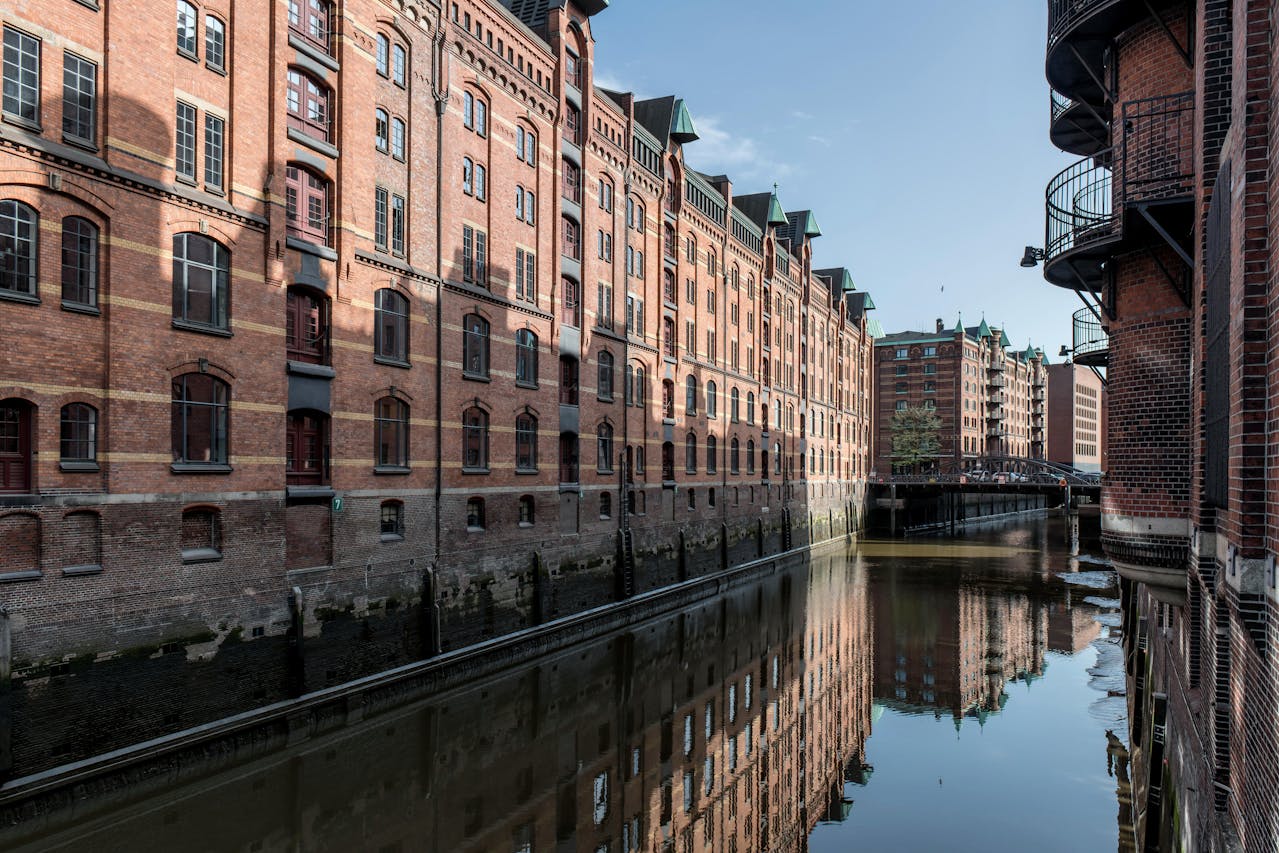The Hamburg Senate is facing strong criticism for allegedly using legal loopholes to bypass public consultation in the construction of a migrant accommodation facility in Barmbek-Nord.
The project, intended to house 400 asylum seekers, is being fast-tracked under the pretense of public safety laws, a move that Alternative for Germany (AfD) parliamentary group leader Dirk Nockemann has condemned as “brazen” and “alien to citizens.”
Nockemann and other critics argue that the Senate is invoking the public safety and order law (SOG) not for its intended purpose but rather to sidestep community opposition and citizen involvement in local planning.
The law, which is typically used for immediate public safety measures like alcohol bans in public spaces, is now being cited as grounds for rapid construction without the usual bureaucratic hurdles or input from residents.
The Hamburg Senate defended its actions, claiming the urgent need to provide accommodations for migrants outweighs the need for public consultation. However, local residents and opposition leaders argue that this approach undermines democratic processes and ignores the community’s calls for more social housing to meet their own needs.
In its response to criticism by the AfD parliamentary faction, the state government insisted that permanent housing could not be built on the site in question due to “significant noise pollution in the area.” It explained that a new administrative building would be constructed on the site after it was no longer needed for migrant accommodation, describing the construction of the current project as an interim solution.
Nockemann accused the liberal-green coalition government of “making Hamburg citizens second-class citizens on the housing market – that has to stop!”
Despite a housing crisis in the German port city, the state government has constructed hundreds of asylum accommodation blocks over the last five years, catering for more than 40,000 migrants. On the contrary, fewer than 15,000 social housing units for German residents have built in the same time period.
“The Senate must finally respond to the population’s housing needs and create ways to involve citizens in planning instead of undermining their rights through special regulations,” Nockemann added.
Remix News reported this time last year that a budget increase by the city-state’s administration saw the total amount of money for housing and caring for migrants in 2023 soar to €1 billion. Already, the city’s social services, including education, are overburdened with migrants, with over half of all students having a migration background already in 2021.
Healthcare costs are also exploding in the port city, with authorities in Hamburg paying out almost half a billion euros on medical care for migrants since 2015, according to a parliamentary query made in 2022 by the Alternative for Germany (AfD) parliamentary group in the city’s local parliament. In response, Alexander Wolf, the AfD parliamentary group spokesman, calling the figure a “huge sum which puts our community of solidarity at risk.”
Meanwhile, violent crime on the city’s streets has risen to unprecedented levels in figures provided last year by the state’s interior ministry, with migrants making up a record share of 41 percent of all suspects.
Just yesterday, Remix News also reported on yet another small German village facing a massive migrant influx, this time in Petersdorf outside Berlin, where 500 migrants are being sent into a town with 600 people, nearly doubling the population.






